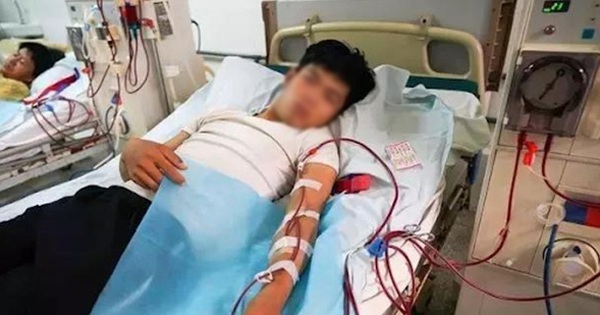How do I know if I have post-Covid-19 brain fog?
After healing Covid-19, my mind keeps drifting, everything is confused, trying to do or say something and then stop because of forgetting, it feels like everything is not connected. I never had that until I got Covid-19. Is this brain fog syndrome? (TTP, 36 years old, HCMC).
Doctor Ngo Thi Minh Hieu (Deputy Head of Department of Neurology – Musculoskeletal, Hospital Danang) reply:
Brain fog is a cognitive dysfunction, not a disease but a symptom of conditions health other caused.
Patients (patients) after being infected with Covid-19 if they often show symptoms of fatigue, forgetfulness, and poor concentration, they should go to a medical facility so that doctors (BS) can directly examine and give treatment instructions. for each specific case.
To diagnose brain fog post-Covid-19 The physician must take the patient’s history and evaluate the symptoms based on the clinical examination. In addition, the doctor will do tests to assess cognitive and memory decline at the clinic. Thereby, depending on the specific case, the doctor will order some tests such as brain MRI, blood tests to rule out cognitive impairment or other degenerative brain diseases.
Currently, we still often examine post-Covid-19 patients with symptoms of memory loss caused by Covid-19, which means that these symptoms appear only after being infected with Covid-19. The cause can be a combination of psychological factors such as insomnia, stress, anxiety, depression and physical pathological factors.
According to scientists, when infected with Covid-19, the virus can affect the brain, disrupting the functional structure of some brain tissues and nerve connections, causing the patient to lose the ability to concentrate, or forget. , also known as brain fog. This brain fog is among the common symptoms reported in post-Covid-19 patients. If Covid-19 brain fog is identified, symptoms usually go away for a few weeks to months. However, in some people it may take longer, even a year, depending on the location, exercise regime, nutrition, and rest.
For patients identified with symptoms of brain fog, must have a relaxing lifestyle, not to suffer from stress, anxiety or insomnia. Since brain fog is a symptom, not a disease, it can be corrected with lifestyle, healthy nutrition, relaxation, yogaLight exercise to increase blood flow to the brain. In addition, you should also practice positive thinking habits, practice memorization and practice…, gradually it will stabilize.
at Blogtuan.info – Source: thanhnien.vn – Read the original article here


